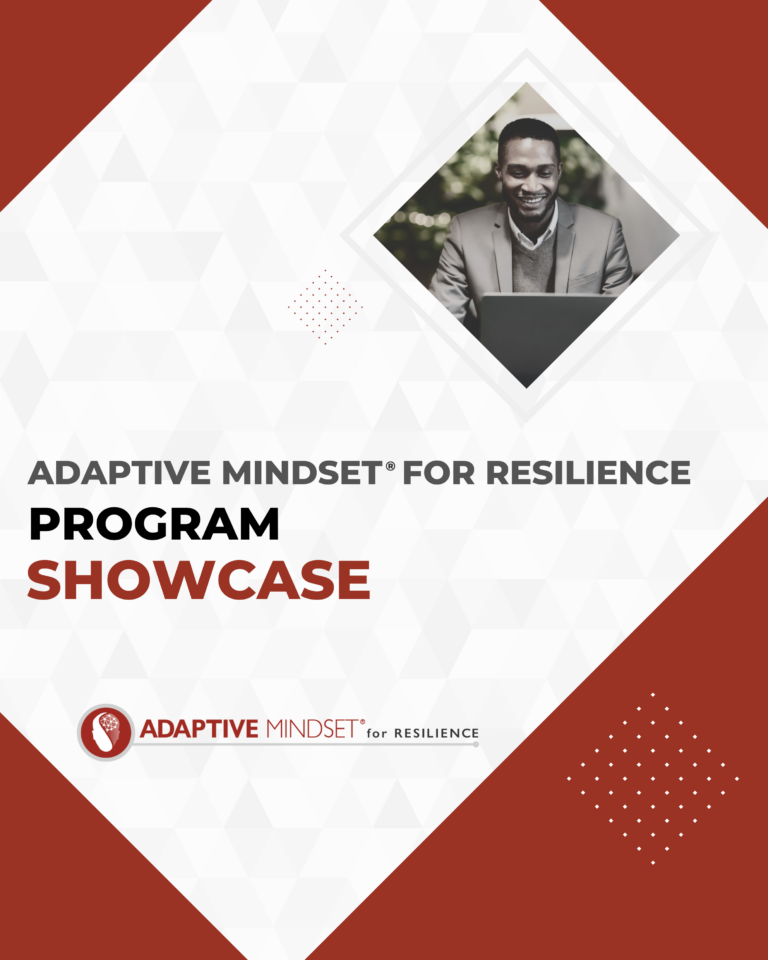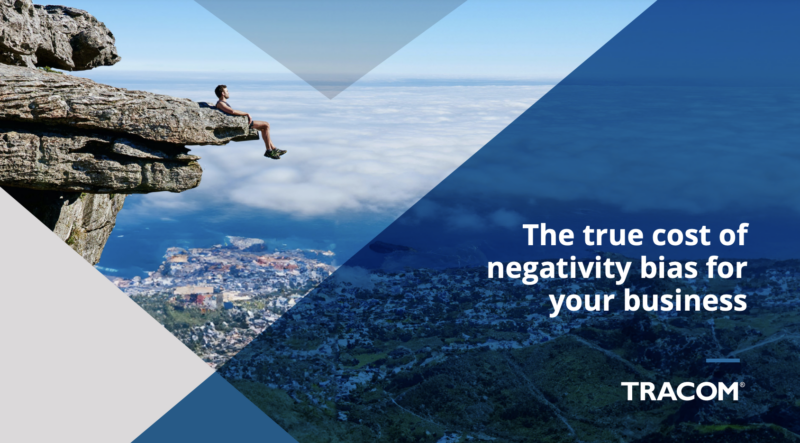 New Horizons
New Horizons
 Project Management Academy
Project Management Academy
 Six Sigma Online
Six Sigma Online
 TCM Security
TCM Security
 TRACOM
TRACOM
 Velopi
Velopi
 Watermark Learning
Watermark Learning
 New Horizons
New Horizons
 Project Management Academy
Project Management Academy
 Six Sigma Online
Six Sigma Online
 TCM Security
TCM Security
 TRACOM
TRACOM
 Velopi
Velopi
 Watermark Learning
Watermark Learning
Humans are hard-wired to focus on negative, threatening information. There is a mechanism at work in our brains, called the Negativity Bias, It causes unproductive thoughts that limit our performance and cause us stress. Fortunately, these fall into distinctive patterns that, with practice, can be recognized and interrupted.
The Negativity Bias is a core source of our stress and is the reason we have such difficulty adapting to change and responding productively to adversity. Learners receive a profile that identifies their Negativity Trap and provides feedback on the Resilience Skills that they can practice to prevent their Negativity Bias from triggering or recover when it has already been triggered.
Interpreting events using unrealistic standards. Focusing on others who seem to do better.
Examples:
Magnifying the negatives and minimizing the positives. Thinking about how things should be, rather than on what is.
Examples:
Believing that what has happened or will happen will be awful. Wondering about “what if” something happens.
Examples:
Blaming others for negative events and not taking appropriate responsibility.
Examples:
Unrealistically blaming yourself and not accepting that some events are out of your control. Giving yourself a negative label.
Examples:
Assuming the worst without evidence. Thinking that single negative events apply to your entire life.
Examples:
Learn about your own personal Resilience with our free eye-opening assessment.
About Our AssessmentFrom virtual, eLearning and in-person programs, learn about the Resilience programs available!
Explore NowWe make it easy to teach and facilitate our Adaptive Mindset for Resilience programs.
Teach Resilience
We provide Learning & Development Leaders, Facilitators and Consultants a first-hand look at our models and assessments. Register for a Program Showcase and see how our Resilience training can add value to your organization.
Each one-hour session is delivered online with a certified facilitator. It includes a follow-up phone/video session where you’ll receive your individual profile report and discuss how social intelligence skills can be developed within your organization.

Research shows that 91% of the things we worry about don’t happen. And when our fears do come true, most of the time things work out better than we expected. The negativity bias causes us to expend energy worrying about things that almost never happen when we would be better served using that energy productively. We shouldn’t always expect the worst. This whitepaper explores those negative thinking patters and helps you change them. It will make you more adaptable to change and more productive.